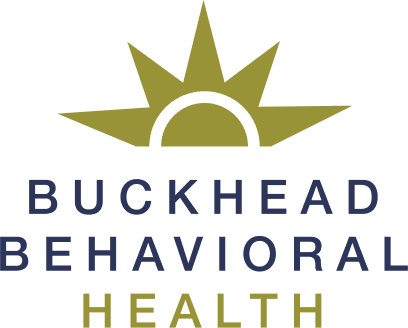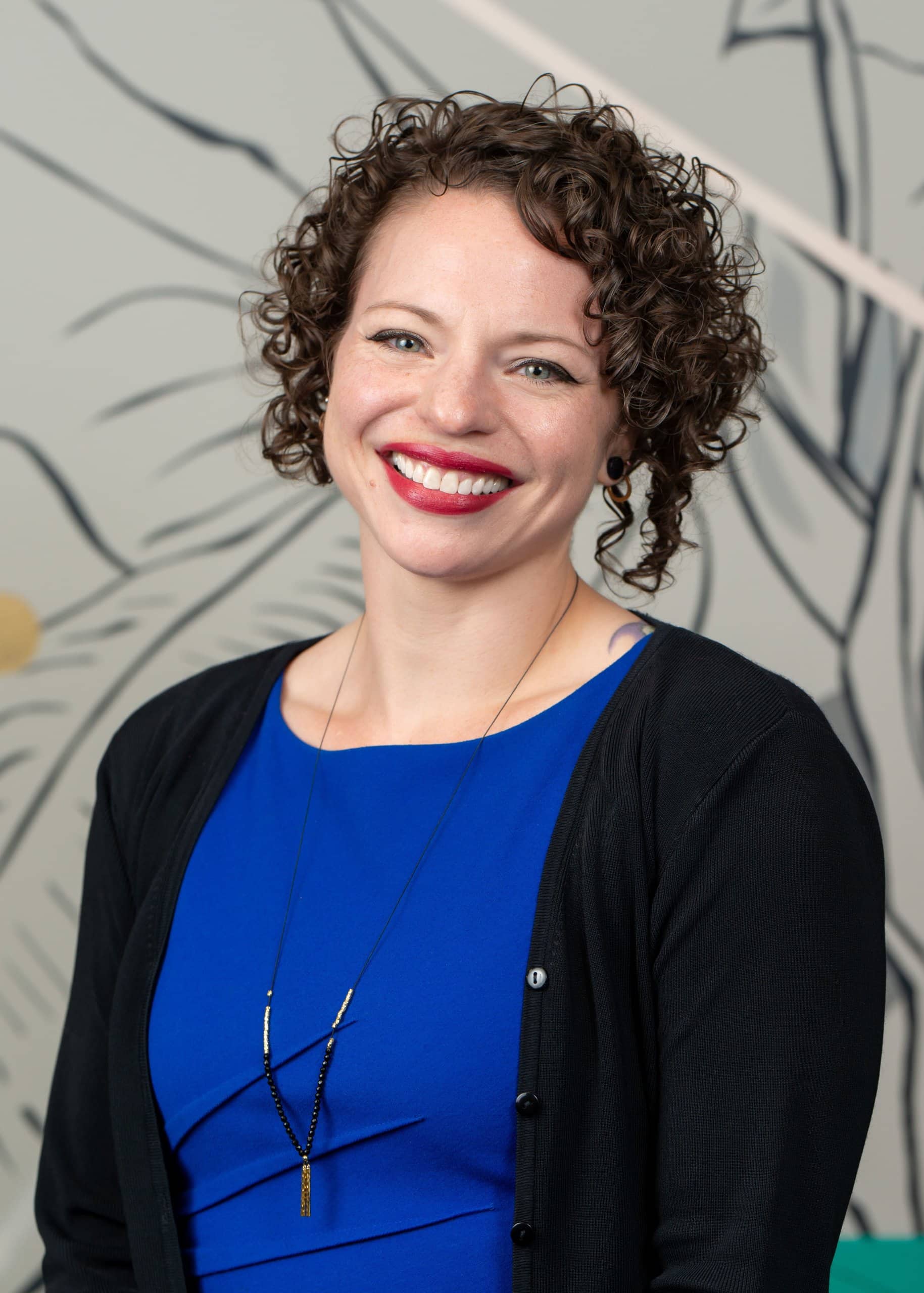Buckhead Behavioral Health offers a cocaine addiction treatment program that helps people stop using this destructive drug. Everybody knows that cocaine is a dangerous drug, but that doesn’t prevent millions from becoming addicted to it. This medical illness can have a profound effect on individuals and can additionally be deadly. Our program features several types of therapy proven to assist in becoming sober from cocaine and staying that way.
If you or a loved one are suffering from cocaine addiction, let Buckhead Behavioral Health help you. Give us a call now at (470) 460-6962 or verify your insurance.
What is Cocaine?
Cocaine is a stimulant that is highly addictive. In its natural form, cocaine is found in the leaves of the coca bush in South America and was originally used as a pain reliever and anesthetic.
In its processed form, cocaine is a white powder cut with other substances and frequently snorted through the nose. Since the powder substance is snorted, it is a fast-acting stimulant that creates euphoric feelings, increased energy levels, reduced appetite, and hyperactivity. Cocaine interacts with the central nervous system and releases a large amount of dopamine to the brain, creating a high. When cocaine is abused, a person can become dependent on the drug quickly, leading to continued use.

What to Expect During Cocaine Addiction Treatment
Buckhead Behavioral Health offers outpatient cocaine addiction treatment. In this level of care, all sessions take place during the day. This allows the person to live in their own homes. Many people prefer this to a residential program that requires them to move into a facility. Multiple types of therapy are on the menu during outpatient treatment. Each one is proven to help people dealing with substance use disorders.
Additionally, many addiction rehabs also treat mental health and dual diagnosis disorders. Approximately half of all people with an addiction to drugs like cocaine also have at least one diagnosable mental illness. They include conditions like depression, bipolar disorder, anxiety, ADHD, and PTSD. For this reason, it makes sense to treat both addiction and mental health at the same time. When a person becomes sober, they often find their mental illness symptoms decrease. Conversely, when they learn to manage their mental health better, the need to self-medicate with drugs and alcohol often becomes less of a problem.

Check Out Our Facility in Atlanta, GA
How Common is Cocaine Addiction?
These days, when it comes to addictive substances, drugs like prescription opioids and alcohol receive a lot of coverage. While they definitely present a problem, many people do not realize that cocaine addiction remains a huge problem in this country. A 2018 survey showed that about 5.5 million Americans aged 12 and older have used cocaine or crack cocaine.
In 2020, approximately 1.3 million people in the same age group had a cocaine disorder. Sadly, almost 20,000 people ended up dying from an overdose involving cocaine. As many as 1,800 Americans try cocaine for the first time on any given day. For many, this may start out as simple experimentation but quickly becomes a full-blown addiction.
Signs and Symptoms of Cocaine Addiction

Symptoms of Cocaine Withdrawal
Once cocaine starts to wear off, a person enters withdrawal. Although, the types of symptoms, their severity, and their effects on the individual depend on several factors, such as:
- How long cocaine a person used cocaine
- The amount of cocaine the person uses
- The extent of the addiction to the drug
Some of the more common symptoms of cocaine withdrawal include:
- Headaches
- Migraines
- Anxiety
- Panic attacks
- Irritability
- Agitation
- Fatigue
- Increased appetite
- Life-like nightmares/night tremors
- Depression
- Sadness
- Thoughts of suicide
- Insomnia
- Problems concentrating/focusing

How Long Do Cocaine Withdrawal Symptoms Last?
The duration of the symptoms of cocaine withdrawal can vary based on how the drug was abused. In general, most people get past the majority of the withdrawal symptoms within 2 to 4 weeks. By the second month of sobriety, the body has started healing itself, and the withdrawal symptoms continue to decline.
By the end of the second month, most people are starting to feel better and more like they did before using cocaine. However, cravings can still occur periodically. Some people also experience periods of anxiety and irritability.
By the third month of sobriety, most people overcome their withdrawal symptoms. Yet, they can still have cravings or triggers when placed in certain situations. Therefore, it is essential to develop the appropriate coping mechanisms to avoid lapses and relapse when undergoing cocaine addiction treatment.
Cocaine Addiction Treatment Programs Offered
Cocaine addiction treatment allows a person to receive concentrated, effective treatment for addiction in a facility or clinic. At Buckhead Behavioral Health, we offer three different types of outpatient treatment programs.
Outpatient programs offer a variety of types of treatment. Talk therapy forms the basis of much of the work, including individual and group therapy. Other types of treatment modalities include family therapy, holistic therapy, and trauma-based therapy. Our cocaine addiction treatment programs include:
Outpatient (OP): The least intensive level of outpatient, this usually takes place from one to three days per week. The person attends sessions from a few to several hours total per week.
Intensive Outpatient Program (IOP): A step up from OP, this type of program requires more time attending sessions. Most people go from three to four days per week with sessions lasting around three hours per day.
Partial Hospitalization Program (PHP): PHP provides the most intensive type of outpatient rehab. People usually attend sessions three to five days per week. Sessions last several hours per day.
Quick Nav
- What is Cocaine?
- What to Expect During Cocaine Addiction Treatment
- Tour Our Cocaine Addiction Treatment Program
- How Common is Cocaine Addiction?
- Signs and Symptoms of Cocaine Addiction
- Symptoms of Cocaine Withdrawal
- How Long Do Cocaine Withdrawal Symptoms Last?
- Cocaine Addiction Treatment Programs Offered
- Cocaine Addiction Treatment in Atlanta
- Want to Learn more about Buckhead Behavioral Health
- Contact Us
- Want to Learn more about Buckhead Behavioral Health?
Take Back Control:
Contact Us Now
Addiction and mental health disorder effects the lives of millions of Americans each year. Contact Buckhead Behavioral Health today to get the help you deserve.
Facility Photo Gallery
Cocaine Addiction Treatment in Atlanta
Have you reached the point where you know cocaine has taken over your life and you need help? You’re not alone. Buckhead Behavioral Health in Atlanta features cocaine addiction treatment designed to help you overcome your substance use disorder. We offer outpatient programs that not only help people who abuse cocaine but also treat any co-occurring mental health problems. Visit our admissions page today and find out more information about how you can hit the restart button on your life.
CONTACT US
We Are Always Here For You
We want you to live the sober, healthy life that you deserve. That’s why we want you to get the help you need
Fill out the form below. And we’ll get back to you as soon as we can.
























